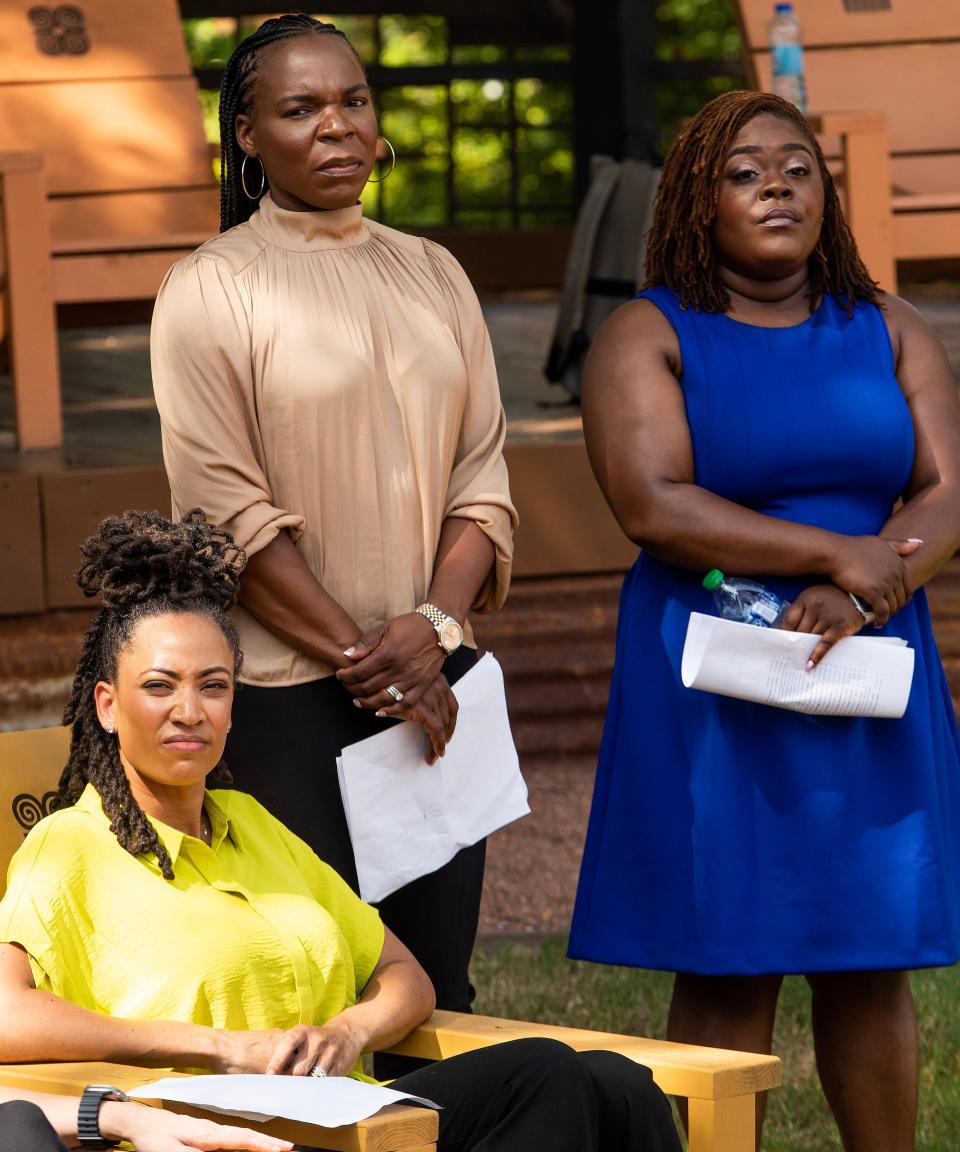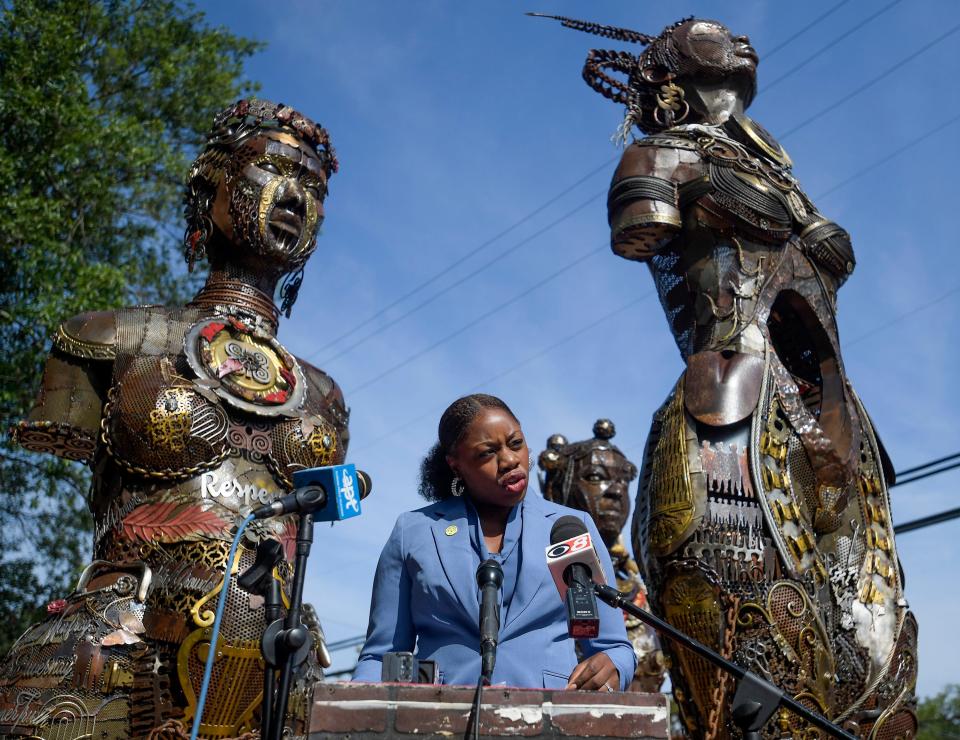Midwives sue Alabama Department of Public Health for 'de facto ban on birth centers'
Alabama has three birth centers, midwife-run childbirth facilities that are not part of any hospital. For the past several months, though, none of them have been in operation.
The owners of the three centers say this is because the Alabama Department of Public Health has imposed a “de facto ban” on their existence. The department recently began enforcing a requirement that birth centers obtain hospital licenses, but the owners of the state’s birth centers said ADPH has made it “impossible” for them to obtain these licenses.
On Tuesday, the American Civil Liberties Union of Alabama filed a lawsuit against ADPH on behalf of the owners, alleging that the department’s actions were unlawful and prevented the birth centers from providing necessary care to women across the state.

The lawsuit claims that ADPH does not have the authority to require birth centers to procure a hospital license because the birth centers, by definition and by Alabama law, are not hospitals. Even if ADPH had authority to do so, the lawsuit states, it does not have the power to ban birth centers altogether.
A spokesperson for ADPH said the department “has just recently learned of the filing of this lawsuit and has not had opportunity to review it fully.” Otherwise, the spokesperson said ADPH would not comment on active litigation.
“Somehow, state leaders have never missed an opportunity to insert themselves between a pregnant person and their doctor,” ACLU of Alabama Executive Director JaTaune Bosby said. “They would rather create obstacles and barriers to prevent individuals like our clients from helping their patients rather than see them succeed, rather than see all Alabamians receive adequate and necessary health care.”

Oasis Family Birthing Center in Birmingham shut its doors in early 2023 after the Alabama Department of Public Health notified midwives there that they needed a hospital license to remain open.
The Birth Sanctuary in Sumter County continues to provide home-birth services to women in West Alabama, but progress toward establishing itself as a full-service birth center has stopped. The same goes for the Alabama Birth Center in Huntsville, which halted construction in the face of the licensing uncertainty.
Alabama has some of the worst maternal and infant mortality rates in the country, and it is filled with a growing number of maternity care deserts. Access to care and positive health outcomes are worse for Black mothers, who have higher rates of infant deaths than other mothers in the state, according to the Alabama Department of Public Health.
These are some of the reasons that Dr. Heather Skanes, Dr. Stephanie Mitchell and Dr. Yashica Robinson initially sought to open their respective birthing centers.

“Our hospital labor and delivery services are overrun, and many people are not getting access to adequate prenatal care. I know this firsthand,” Skanes said. “There was a great desire from my patients and from pregnant people in the community for an option for more patient-centered, individualized care and to give birth outside of a hospital setting.”
Skanes worked as a private practice OBGYN delivering babies in hospitals for years before founding Oasis in 2022. The center was open for less than a year before ADPH contacted Skanes about the hospital license requirement.
“This makes no sense," Skanes said. "The department then refused all of our requests either to apply for the license or to demonstrate the safety and necessity of our services in other ways, leaving me no option but to shut the center's doors.
"At no point did the department claim that there have been any complaints about the safety or quality of the center's care. Having to turn patients away has been devastating.”
She said that after multiple failed attempts to contact ADPH, it became clear to her that the department was not ever going to give her center an opportunity to obtain the license.

Skanes, Mitchell and Robinson have known each other for a few years prior to the licensing trouble, and they quickly realized that all three of their centers were in the same situation.
“As this case shows, doctors and midwives are not and should not be competitors. We all have a role to play and can and should be working together to improve the health of every pregnant person and every baby in the state,” Robinson said.
The three joined forces and reached out to the ACLU for the support that allowed them to file the lawsuit on Tuesday.
Hadley Hitson covers children's health, education and welfare for the Montgomery Advertiser. She can be reached at hhitson@gannett.com. To support her work, subscribe to the Advertiser.
This article originally appeared on Montgomery Advertiser: ADPH faces lawsuit over failure to allow birth centers to provide care

